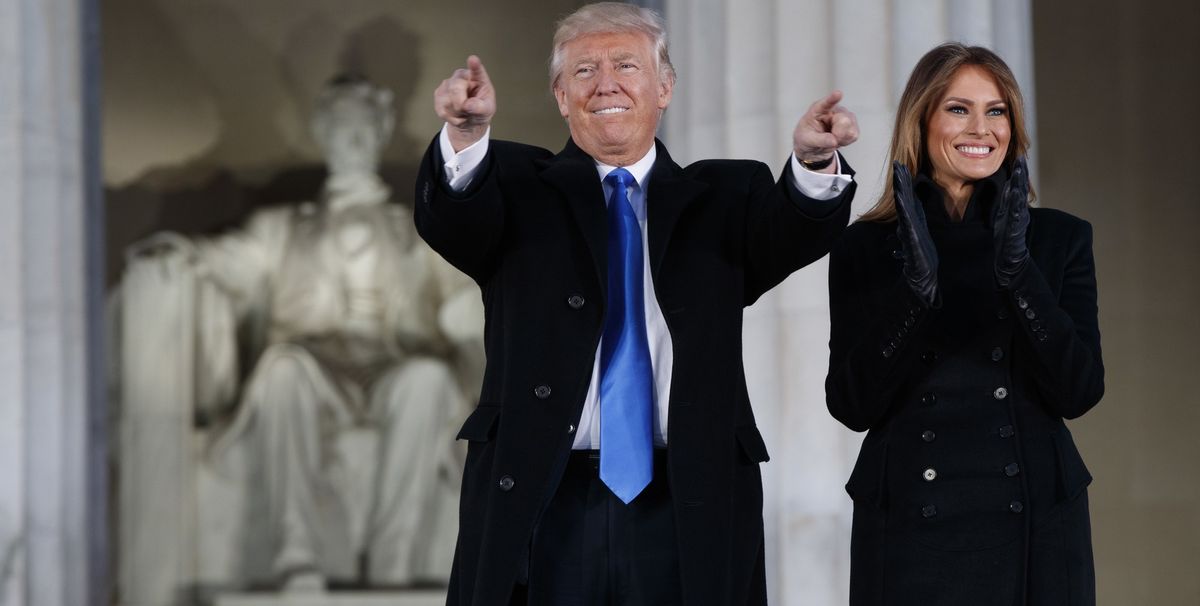American museums, which usually receive at least some form of public funding, tend to steer clear of politics, but Donald Trump’s presidency was never going to be business as usual, and early signs point to a tense four years ahead. Yesterday, the incoming president’s team revealed plans to eliminate the National Endowment for the Arts and Humanities. Even before that news broke, spaces around the country have taken action to give the pro-arts public a place to gather on inauguration day.
In New York, the Whitney, the New Museum, the Museum of Arts & Design, the New-York Historical Society Museum & Library, and the Museum of Chinese in America, will all be free to the public today—as will the Museum of Contemporary Art, Los Angeles, the Institute of Contemporary Art, Boston, and the Walker Art Center in Minneapolis. The National Museum of Women in the Arts, which is two blocks from the White House, plans to be open and free to all visitors on 21 and 22 January, when hundreds of thousands of protesters are expected in the capital for the Women's March on Washington. "We want to assure that women’s voices and creative accomplishments contribute to the cause of women’s empowerment during the Women’s March… and every other day of the year,” says the museum's director Susan Fisher Sterling.
Other museums are hosting special programming, like a marathon reading of the Langston Hughes poem Let America Be America Again at the Brooklyn Museum, and the slightly more lighthearted Swear In, Breathe Out, yoga and meditation at the Himalayas-focused Rubin Museum of Art.
Baltimore Museum of Art, which is free, is offering readings by local poets of the Declaration of Independance and Bill of Rights and for those in need, aromatherapy and comfort foods.
The organisers of the J20 art strike had called for museums to close on inauguration day, which the Queens Museum partly will, although it is due to open again to host an afternoon of poster-making for upcoming protest marches. Meanwhile, Trump and Vice President Mike Pence are due to attend the Military Ball on this evening at the National Building Museum in Washington, DC, so the museum has been closed to the public most of this week in preparation.
Other institutions seem unsure about the degree to which they should participate in the lead up to the inauguration. When the St Louis Art Museum agreed to send George Caleb Bingham’s painting of an early American election, The Verdict of the People (1854-1855), to an inauguration luncheon, two local arts supporters launched a petition to stop the loan.
In an interview, the museum's director Brent Benjamin made it clear that the board thought deeply about the loan, which did go forward, and came at the request of Missouri Senator Roy Blunt, not anyone related to the incoming White House. "When the US Senate requests a loan from the St Louis Art Museum and we're able to provide that, that is an honour for us," Benjamin said.


